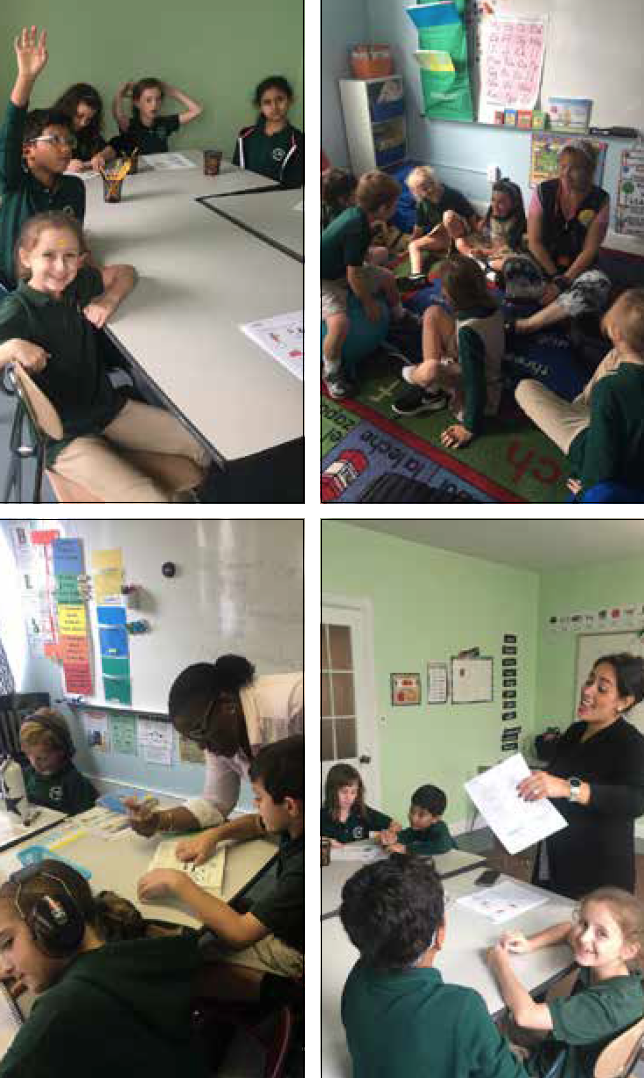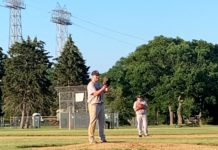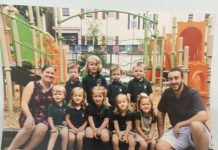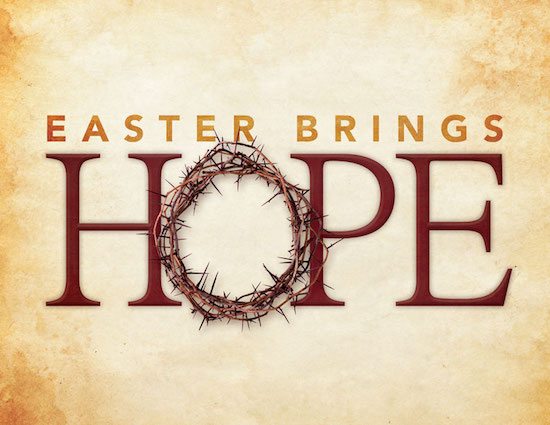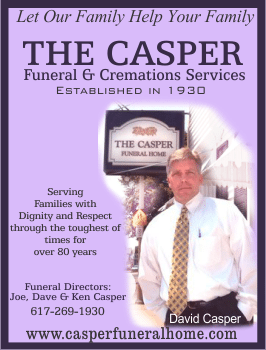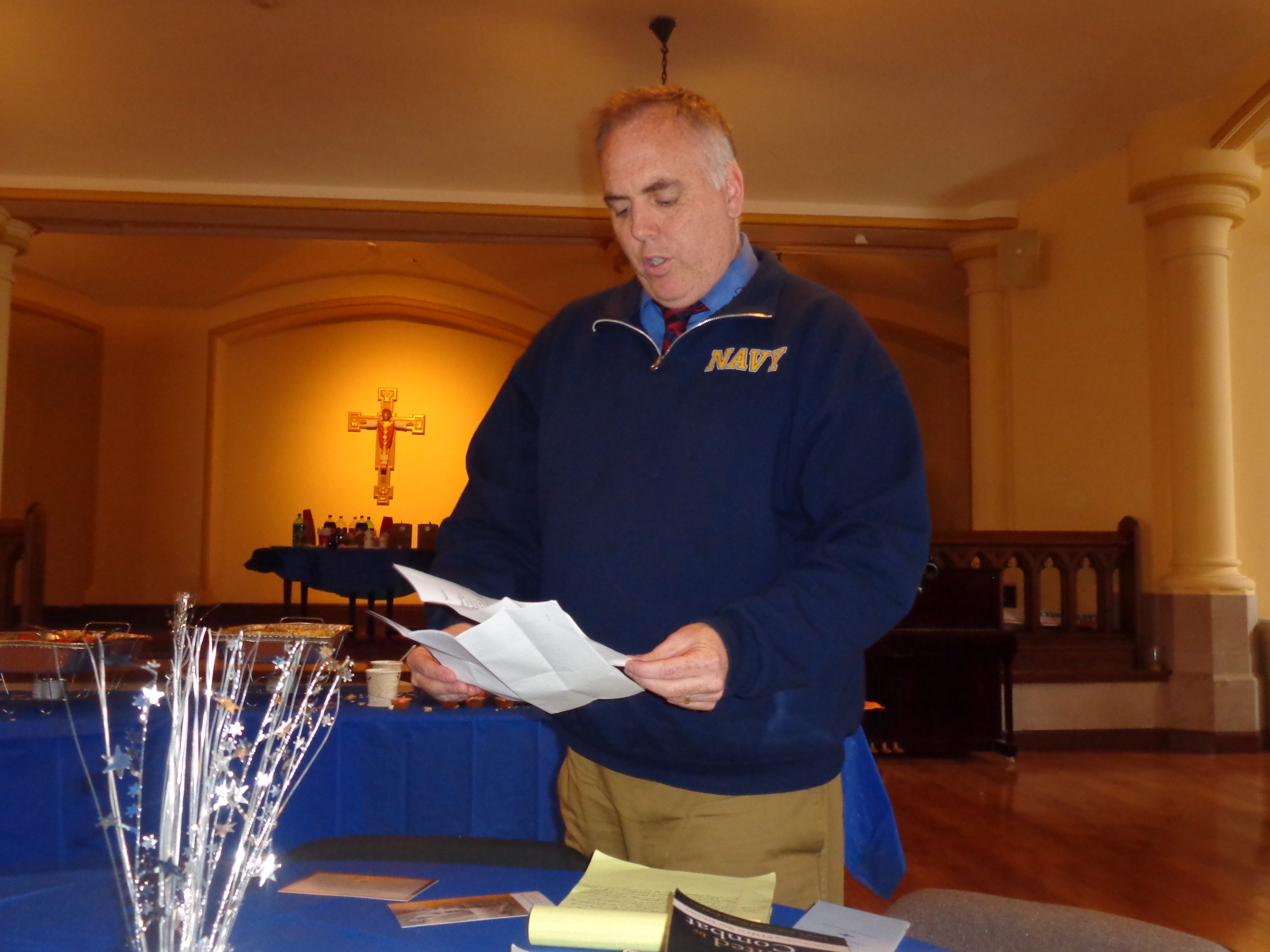By Lisa Gilbert, Principal
The other day I was waiting in line at my new favorite coffee shop, Café Nero. Apparently bored, the woman in front of me turned to strike up a conversation with me. We talked about the usual things; the weather, the length of the line, etc. The conversation came around to our work. “Where do you work?” she asked. I enthusiastically stated that I am the new principal at St. Peter Academy. The woman, a South Boston native whose children were grown, looked at me with surprise. “I heard they were closing,” she said. “Oh, no,” I assured her, “We are alive and well. We opened our doors in 2004, and we have no intention of closing them!”
In fact, we are going strong. Just last Friday, the faculty and I engaged in Professional Development centered around the theme of Mindset Theory, which is a research-based model for improving motivation developed by Stanford psychologist, Carol Dweck, Ph.D. Dr. Dweck has been researching the concepts of achievement and success for many years. Her research has led her to develop the ideas of a Fixed Mindset and a Growth Mindset. A fixed mindset implies that one believes their intelligence and other abilities are fixed and therefore there is no possibility of change. This type of belief system can lead to lack of effort and motivation. Experiences which may challenge an individual with a fixed mindset will be avoided for fear of failure. On the other hand, a growth mindset is the belief that innate abilities, like intelligence, can be developed. When people with a growth mindset encounter challenge, they view it as an opportunity for improvement. They are more likely to put forth effort because effort and strategy can be the means to mastering a skill.
The Theory of Mindset has huge implications for education. Children begin to form ideas about themselves and their traits very early in life. Fortunately, teachers can be instrumental in helping children to cultivate a growth mindset. Even very young children can be guided to understand that mistakes are part of the learning process. The language we use with children is important in terms of how we help them to see themselves. If we use positive, non-judgmental language which emphasizes effort and problem solving over the degree of brain power, then we can begin to plant the seeds of a growth mindset.
St. Peter Academy’s doors are not only open, but we are on the cutting edge of best educational practices. We are always looking for innovative ways to teach and reach children. We are committed to modeling for and mentoring our young students to be the best they can be. In the spirit of a growth mindset, we will continue to put forth effort and to strategize how to have a positive impact on each child.
If you would like to learn more about St. Peter Academy and our program offerings, please visit our website or stop by our school to see us. We are located at 371 W. Fourth St. in South Boston, and we’re not going anywhere!

